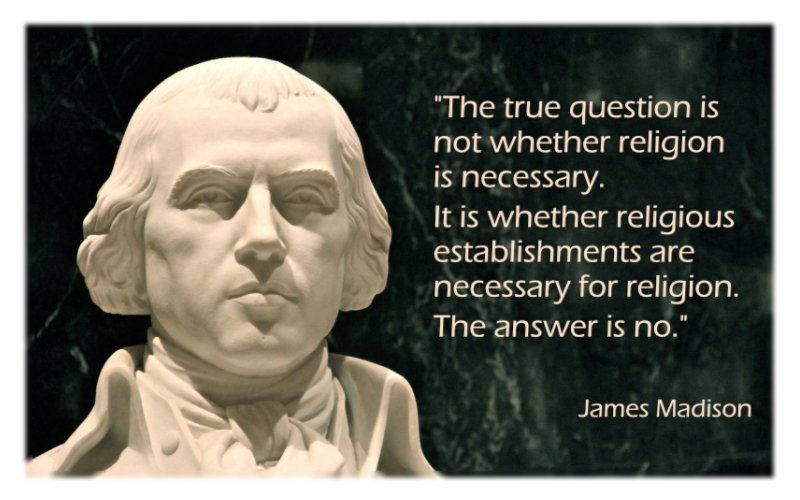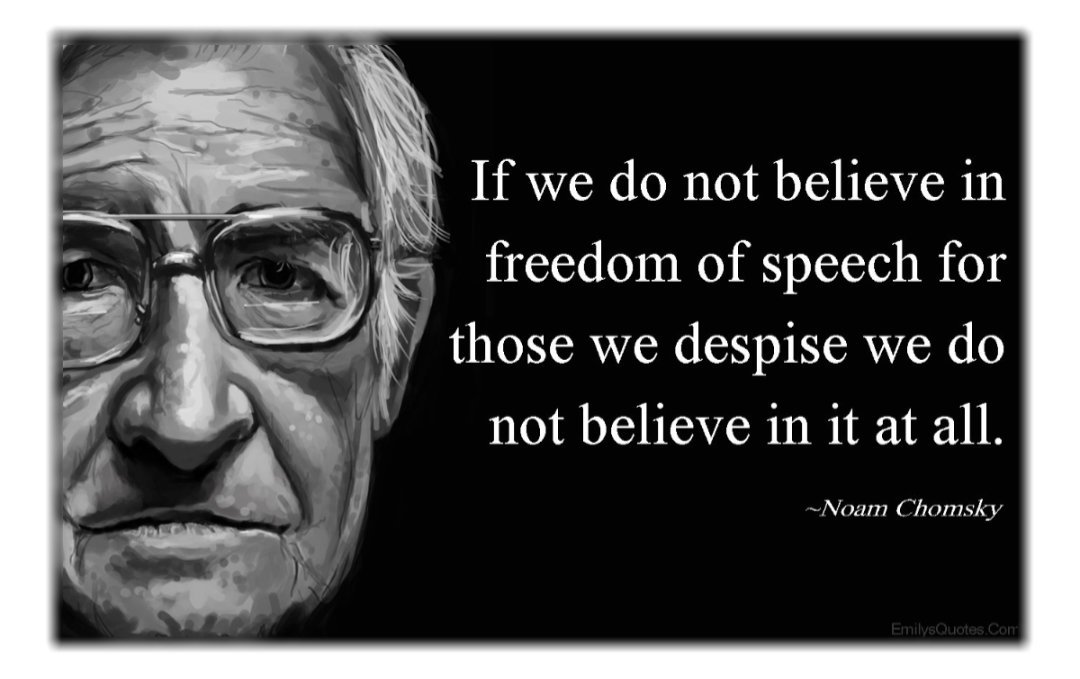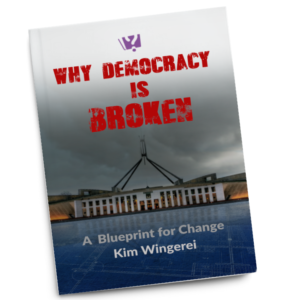Ruddock and Secularism.
Australia is a secular nation. It is enshrined in our constitution, yet we have a Prime Minister and many others in Parliament who don’t quite seem to understand what that means. The Ruddock report reveals not only state laws in possible conflict with federal law, but with the constitution and the principles of secularism.
Section 116 of The Australian Constitution Act states:
“The Commonwealth shall not make any law for establishing any religion, or for imposing any religious observance, or for prohibiting the free exercise of any religion, and no religious test shall be required as a qualification for any office or public trust under the Commonwealth.”
As written it serves the dual purpose of protecting us from religion as well as protecting religious freedoms. At least that’s the theory. It has rarely been tested by the High Court, and in particular its veracity versus State Constitutions. (Technically, it does not apply to the states although some legal scholars claim that to be an oversight in drafting, and as such the High Court may interpret it differently in a challenge.)
However, in the absence of a legal argument by men and women in wigs, men (and the occasional woman) in frocks – as well as politicians – continue to challenge secularism.
When asked about the rights of religiously based schools to deny gay teachers and children, PM Scott Morrison was at (repetitive) pains to point out that this was “existing law”. Although he has since changed his position, I don’t think I am “drawing a long bow” in surmising he thinks it is quite OK.
In an interview on Sky, Special Minister of State Alex Hawke, MP, certainly seems to think so. His argumentation peppered with incongruous references to how “the left of society” is “assaulting” religion. He was adamant we need better laws for religious protection against “people like Tanya Plibersek”.
(I know, I had to listen to it three times; if you don’t believe me, here’s the link, it’s at 4:20.)
That we should even have a debate about gay teachers is a sad reflection on the institutions of religion that still insist on ancient scriptures being the guiding light on how we “should” conduct ourselves.
The Church has been a force for both good and evil throughout history. Religious institutions have also regularly been there to stop human progress and discovery. Early scientist and astronomer Galileo Galilei was subjected to lifetime house arrest by the Catholic Church for suggesting that the earth moved around the sun; Charles Darwin waited almost 20 years to publish his evolutionary treatise in abject fear of how the Church of England would react.
And from the Christian Crusades to the Ottoman conquests in the name of Islam and the Catholic Inquisitions – in more recent times the persecutions of the (Muslim) Rohingya people by the Buddhists, the brutality of ISIS, the terror in Syria in the name of every faith conceivable and the horrific treatment of Palestinians by the Jewish Government of Israel – religious dogma has caused more deaths, more trauma, more pain, more suffering than any other of the fictions created by humankind.
Australia of the 19th and 20th centuries was characterised as much by immigration, nation building and the slow genocide of our Indigenous peoples in the name of Christianity, as by the ever present tensions between Protestant and Catholics.
And most recently we have witnessed the long overdue uncovering of child abuse throughout religious institutions in general, and in particular the Catholic Church, where such abuses have clearly been institutionalised over the centuries.
So why then, are we talking about protecting religious freedoms we already enjoy? When maybe what we need more is protection from religion?
The Catholic Church of Australia has still not formalised a reply to the recommendations of the Royal Commission. There are still Cardinals and Bishops and many others who believe the sanctity of the confessional must take precedence over protecting innocent children. Dozens of Cardinals world-wide are convicted, disgraced or under suspicion, just the tip of an iceberg of denial.
Catholic author Gail Grossman Freyne points out in the Jesuit online magazine EurekaStreet that:
“Instead of engaging with the pain of profound change, the institutional Catholic church is still mired in a program of damage control.”
She highlights the difficulties the Vatican faces in finding enough Cardinals untainted by the scandals to elect the next Pope.
The Catholic Church should focus entirely on getting their own house in order and make sure that children in particular and the rest of us in general are protected from them!
Scott Morrison is of the Pentecostal faith, but his Church was also found wanting in its protection of victims (Case study 18). As by now the highest profile member of this particular faith, why is Scott Morrison not actively and vocally driving the required changes within not just the Pentecostal movement but within all religious institutions?
The Ruddock report is apparently about how to “streamline” our legal regime for the protection of religious freedoms. But the real debate we should have is how do we remove discriminatory laws and regulations that contravenes our Constitutional decree of being a secular nation.
The real debate should be about how do we make sure that our children are safe from discrimination, bigotry and predatory behaviour from those that cannot accept that not everyone share their beliefs.
How do we make sure that never again will we have laws that discriminate against anyone based on race, origins, gender, sexual preference, faith or no faith?
The question is not if schools should have the right not to hire gay teachers or not teach transsexual children. What we should ask is how to provide education that transcends all faiths, promotes true tolerance and teaches the search for understanding, not the dogma of yesteryear.
I make no secret about being an agnostic atheist. I also acknowledge that my beliefs are just mine, I have the right to express them but not to impose them on others. I try my best not to judge based on what people believe in. We all want to believe in something, someone or somebody, such is human nature.
Religion and faith is not the problem. It is the institutions that use faith to control others that give religion a bad name. Or in the words of one of Americas “founding fathers”, James Madison – a deeply religious man:






Hi Kim,
Could not agree more, organised religion is just a tool for maintaining power. I was taught as a child that “whenever two or more are gathered in my name I will hear their prayers”, what need then for organised religion?
Just a small nitpick, you called yourself an “agnostic atheist” which is a contradiction in terms! An agnostic is a fence sitter (not that I am against that, in this case), while an atheist is definitely on one side and is against the concept of a or any god/s or religion as truth (and I am not against that either)!
Fair point Bernie, maybe I am an atheist agnostic. Truth is, I am quite spiritual, just think there is so much we don’t understand, and that’s OK, too.